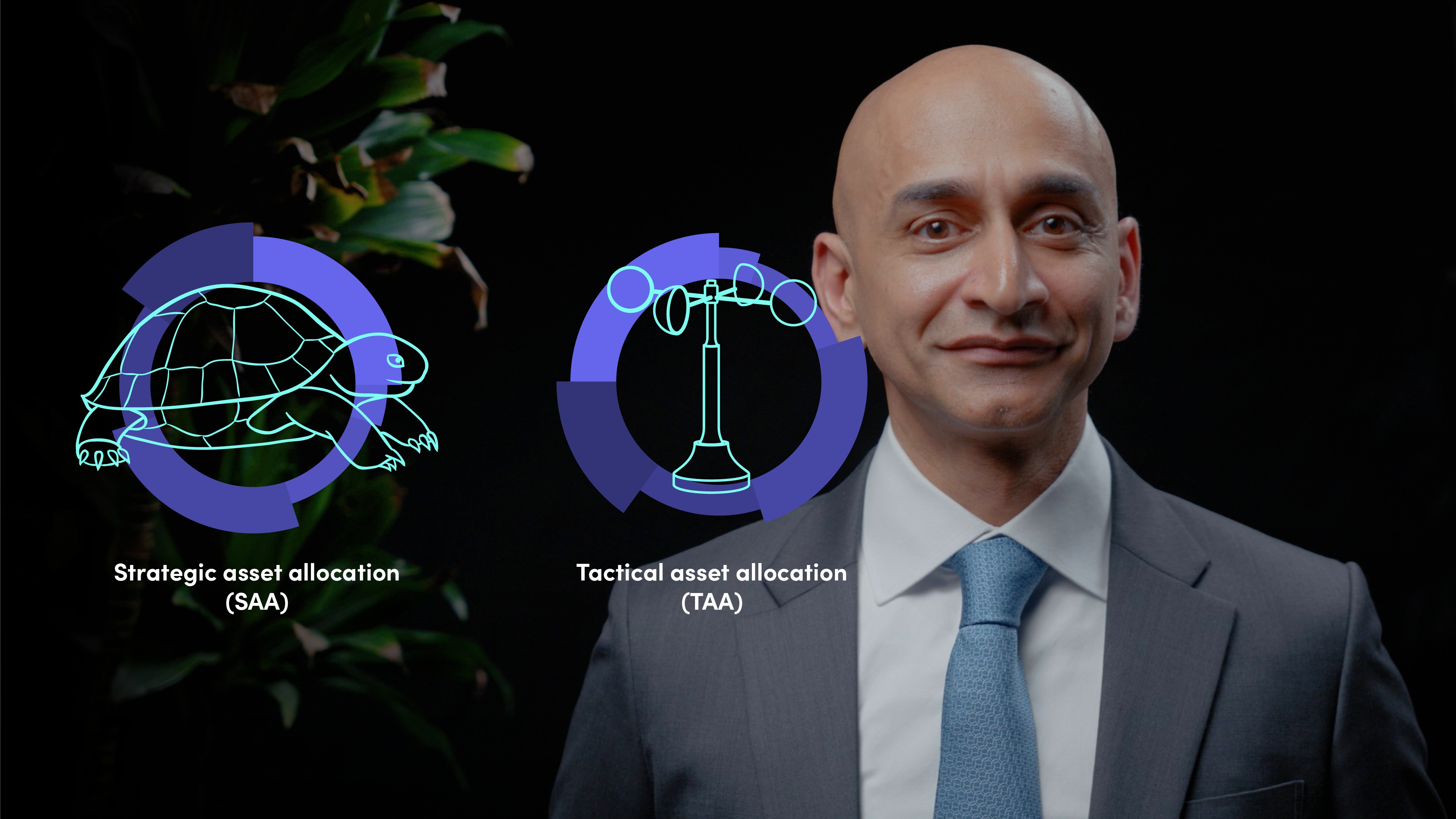
Portfolio Level ESG Integration I

Arun Kelshiker
20 years: Asset management and stewardship
In this video, Arun dives deep into the fascinating realm of ESG integration within investment portfolios. Join him as he unravels the impactful principles set forth by the UN's Principles for Responsible Investment and the CFA Institute's ESG framework.
In this video, Arun dives deep into the fascinating realm of ESG integration within investment portfolios. Join him as he unravels the impactful principles set forth by the UN's Principles for Responsible Investment and the CFA Institute's ESG framework.
Subscribe to watch
Access this and all of the content on our platform by signing up for a 7-day free trial.

Portfolio Level ESG Integration I
19 mins 12 secs
Key learning objectives:
Understand how to integrate ESG into asset allocation
Understand how to measure an investment portfolio’s ESG and financial risk exposures and limits
Understand how ESG can be integrated at the portfolio construction stage
Overview:
The UN's Principles for Responsible Investment and the CFA Institute's ESG framework guide comprehensive ESG Analysis. This structure has three components: ESG Research, Securities Valuation considering ESG, and Portfolio ESG integration. At the Portfolio Level, key areas are asset allocation, risk management, and portfolio building. Asset allocation, which greatly impacts returns, can be long-term (Strategic Asset Allocation) or short-term (Tactical Asset Allocation). Portfolio risk management emphasises ESG and financial risks, with tools like Value at Risk (VAR) estimating potential losses. ESG integration helps adjust weightings to lower risk. Assessing an investment's ESG profile against its benchmark uncovers relative ESG threats. Portfolio construction, informed by allocation and risk considerations, may fully integrate ESG or apply screens. Full integration offers deeper insights into risks and potential, while screening may exclude based on ethics.
Subscribe to watch
Access this and all of the content on our platform by signing up for a 7-day free trial.
Subscribe to watch
Access this and all of the content on our platform by signing up for a 7-day free trial.

Arun Kelshiker
There are no available Videos from "Arun Kelshiker"





























